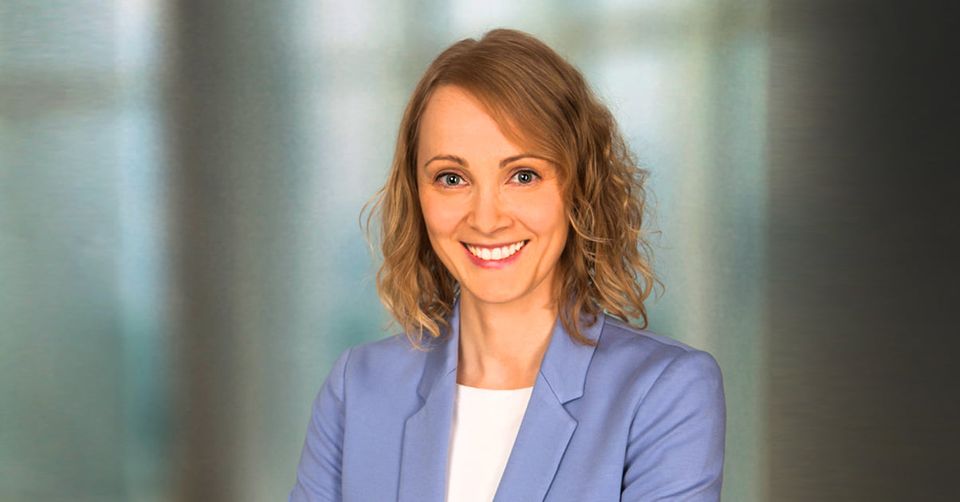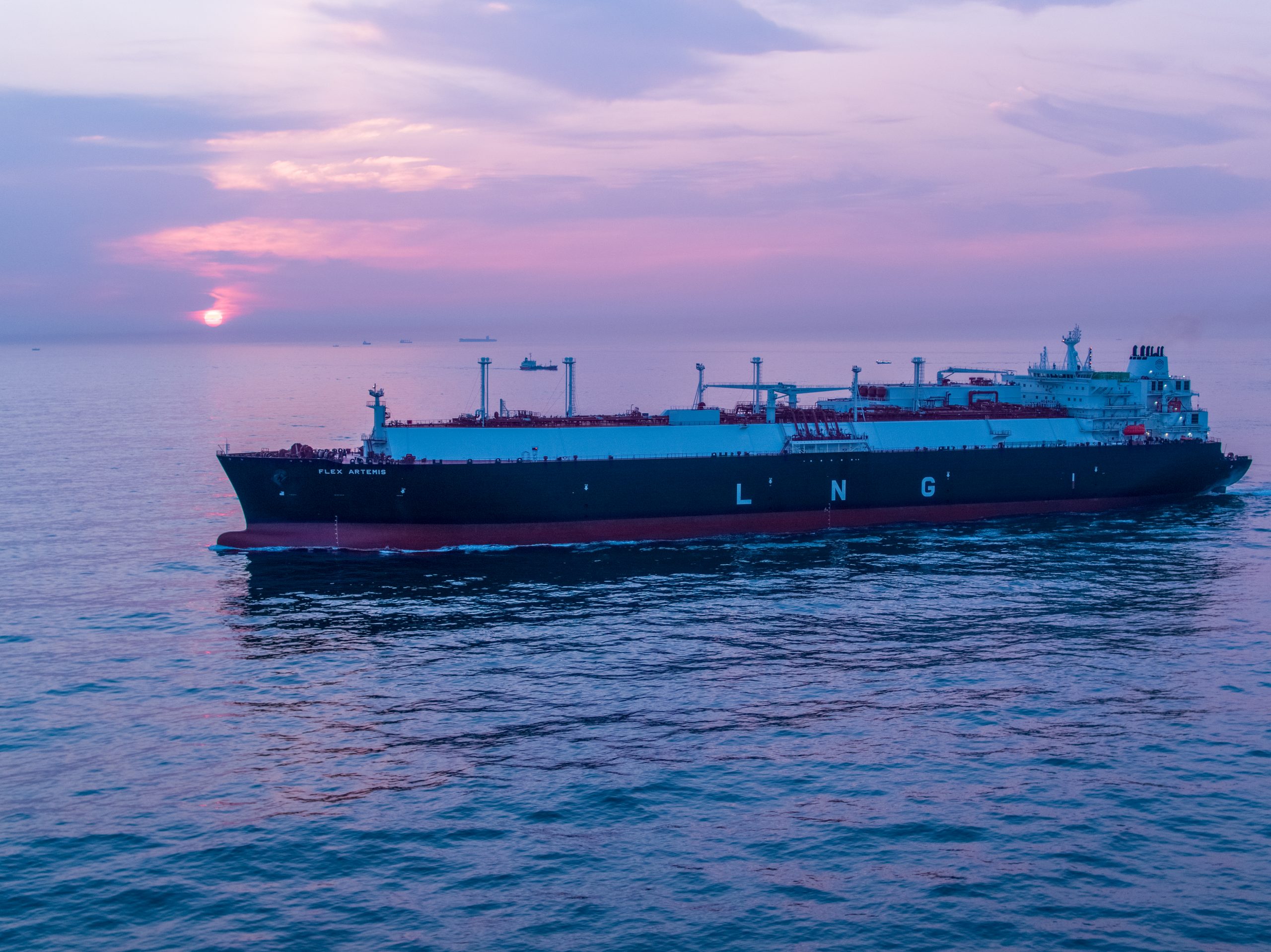 Cordula Boy Fernandez
Cordula Boy Fernandez
Crew Manager – LNG Coordination Centre (LCC), Bernhard Schulte GmbH & Co. KG
What role do you play in the gas-fuelled shipping sector?
I am part of the Schulte Group’s LNG Coordination Centre (LCC) and look after all crewing related matters. The LCC coordinates the Schulte Group’s LNG activities and develops and implements strategies to improve the Schulte Group’s LNG capabilities further. The LCC’s sole function is to provide a centre of excellence for LNG ipping, small Scale LNG, LBV, FSRU / LNG FSU and IGF related matters, and to act as a central, single point of contact for the client in the initial stages of enquiry, if required.
We anticipate a shortage of qualified and LNG-experienced officers due to the expected increasing number of LNGc newbuilding deliveries within the coming years. Therefore, we created and implemented a strategy to overcome this skill gap. As such, we have put tools in place to continuously ensure the required quality and quantity of officers needed to man LNG carriers or IGF ships in our management, whether it be for our own tonnage or for 3rd party clients. The LCC also acts as a point of contact to provide advice on IGF crew training matters.
Please describe your role in your organisation and what do you enjoy most about it?
I fell in love with the shipping industry at a young age. Hence it was clear that I wanted to work in the maritime field. Both of my university degrees are maritime related and after working in the industry for 10 years now, I can still say I am passionate about it.
When I left university, I dreamed of working at the IMO and making the (shipping) world a better, safer and “cleaner” place. However, I am very happy that my career has shaped the way it has as I really enjoy being “close” to ship operations. I am also grateful to my company for their support and opportunities they have given to me during the past years. In a way I feel through the work in the LCC I am definitely involved in making shipping a “cleaner” place.
How have you worked with SGMF concerning the safe and sustainable use of gas as a marine fuel?
BSM has been a member of SGMF since 2013. Through our membership, we have been actively involved in work groups, mainly those with a technical focus to-date. My colleagues are currently involved in some technical work groups but we are certainly open to providing support on the human resourcerelated work groups as well, where we can share our experience and expertise on dealing with competence and training matters.
How do you feel this sector has embraced the talent and value of women?
I still think women are generally outnumbered in this sector. I remember being in quite a few meetings where I was the only woman in the room. However, I also think it is up to women to get involved and show interest in this sector and I do not see any reason why woman should not be involved. It is a highly interesting field, roviding many opportunities, not only for men.
For crewing, the picture is often reversed though. Many of my colleagues working in crewing are women, so all in all I experience a bit of both “worlds”.
What excites you or interests you most about this industry and how does this motivate you?
LNG is a growing sector, so it is certainly very dynamic! There are many new players and a lot of knowledge that can be shared. Also, I think there are (as anywhere) still lessons to be learnt. The industry has an excellent safety record and from a crewing perspective, the task is clear but challenging: train the
right crew and train crew right.
It is paramount to keep the standard of competence and expertise level high despite the expected rapid growth of the global LNGc fleet and resulting crew shortage. There will be many who are new to the industry who initially hold only little expertise.
The same applies for ships fuelled by LNG – the number of IGF ships is increasing. Crew with different, and more importantly with a non-gas backgrounds, will have to be trained to safely work on IGF/gas fuelled ships, acknowledging, understanding and safely handling the different risks involved. So, there is a lot that needs to be done.
Please share something personal about yourself.
I have two recommendations which I truly believe in:
Number 1: Keep stepping out of your comfort zone! At least once in a while. Challenge yourself and force yourself to do something that you were previously not so confident doing. For example, speaking at a conference when you are not fond of speaking in public. This will give you a great sense of achievement
and you will certainly learn from it.
Number 2: It is worth it to go the extra mile! At least this is the experience I have made in the past.

